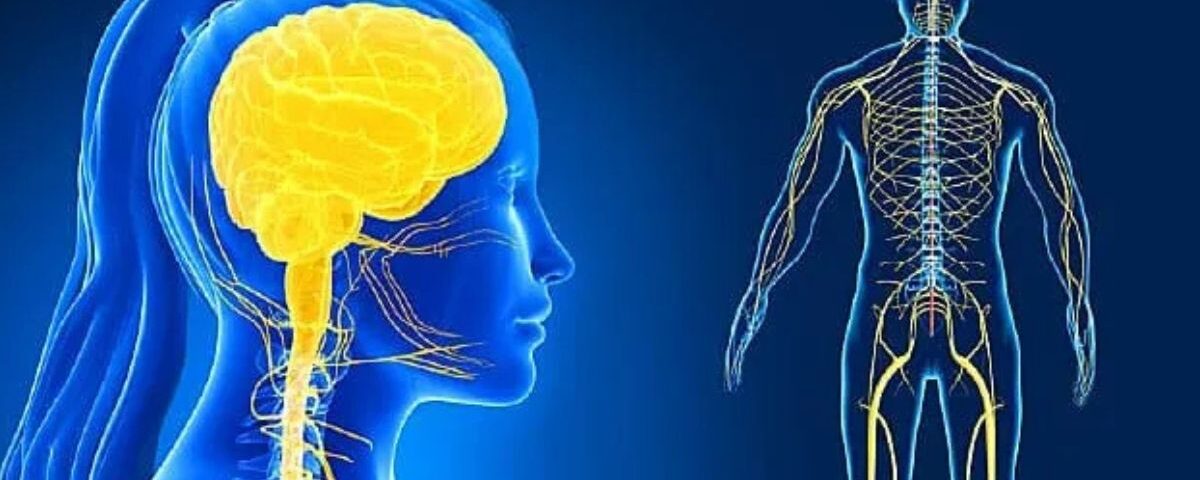The human nervous system is one of the most complex and fascinating networks in the body. It controls everything from your heartbeat and breathing to your thoughts, emotions, and reflexes. But there’s one massive misconception about how it works—and it’s fooled almost everyone, including students, health professionals, and science enthusiasts.
So, what’s the myth?
The Misconception: “The Brain Controls Everything Alone”
Most people believe the brain is the master controller of the entire body—like a CEO sitting at the top of a command tower, sending orders to every organ, muscle, and cell.
But that’s not the full story.
The Shocking Truth: Your Nervous System Is Decentralized
Here’s what scientists and doctors now know:
While the brain is powerful, the nervous system is not a one-way chain of command. Instead, it’s a dynamic, two-way communication network. And some of the most critical decisions your body makes? They happen without your brain’s input at all.
Enter the “Second Brain”: The Gut
Yes, your gut has its own nervous system—called the enteric nervous system—which contains over 100 million neurons (more than your spinal cord!). It can:
- Control digestion on its own
- Communicate with your brain via the vagus nerve
- Even produce neurotransmitters like serotonin and dopamine
That means your gut can influence your mood, memory, and immune system—and it doesn’t need your brain’s permission to do it.
The Spinal Cord: More Than a Highway
Most people think the spinal cord just sends messages from the body to the brain and back. But the spinal cord can actually process information and generate responses independently.
For example:
- Reflexes like pulling your hand away from a hot surface?
- Those happen before the brain even knows what’s going on.
This shows that decision-making can happen at multiple levels of the nervous system—not just in your head.
Why This Misconception Matters
Understanding this changes everything about how we treat the body. It’s not just about treating the brain anymore—it’s about supporting the entire nervous system, including the spine, the gut, and even the peripheral nerves in your limbs.
What You Should Do Differently
- Take care of your gut health—it directly impacts your nervous system
- Don’t ignore reflexes or “gut feelings”—they’re real, biological responses
- Prioritize spinal and nerve care (through posture, movement, or even osteopathic treatments)
- Understand that your body is smarter and more connected than you think
Final Thoughts
The nervous system isn’t just one control tower. It’s a network of intelligent, independent, and collaborative systems working together. The idea that your brain does all the thinking? That’s the misconception that’s fooled everyone.
Your body is more than a brain—it’s a brilliant system of self-regulation, communication, and adaptability.
And now that you know the truth, you can treat it with the respect—and care—it truly deserves.




